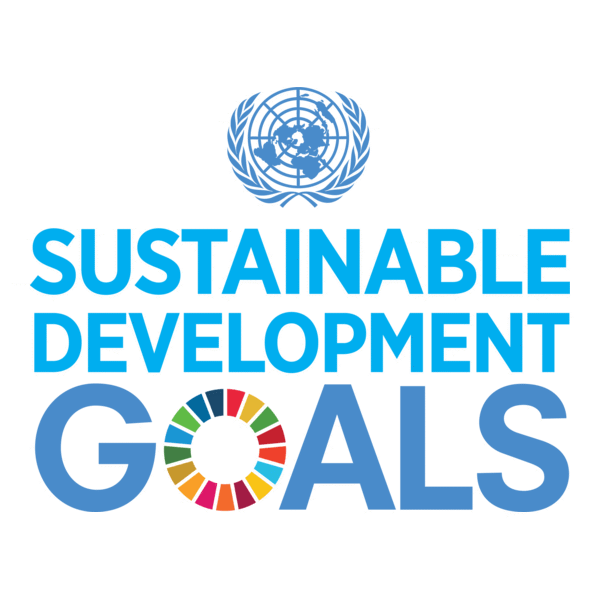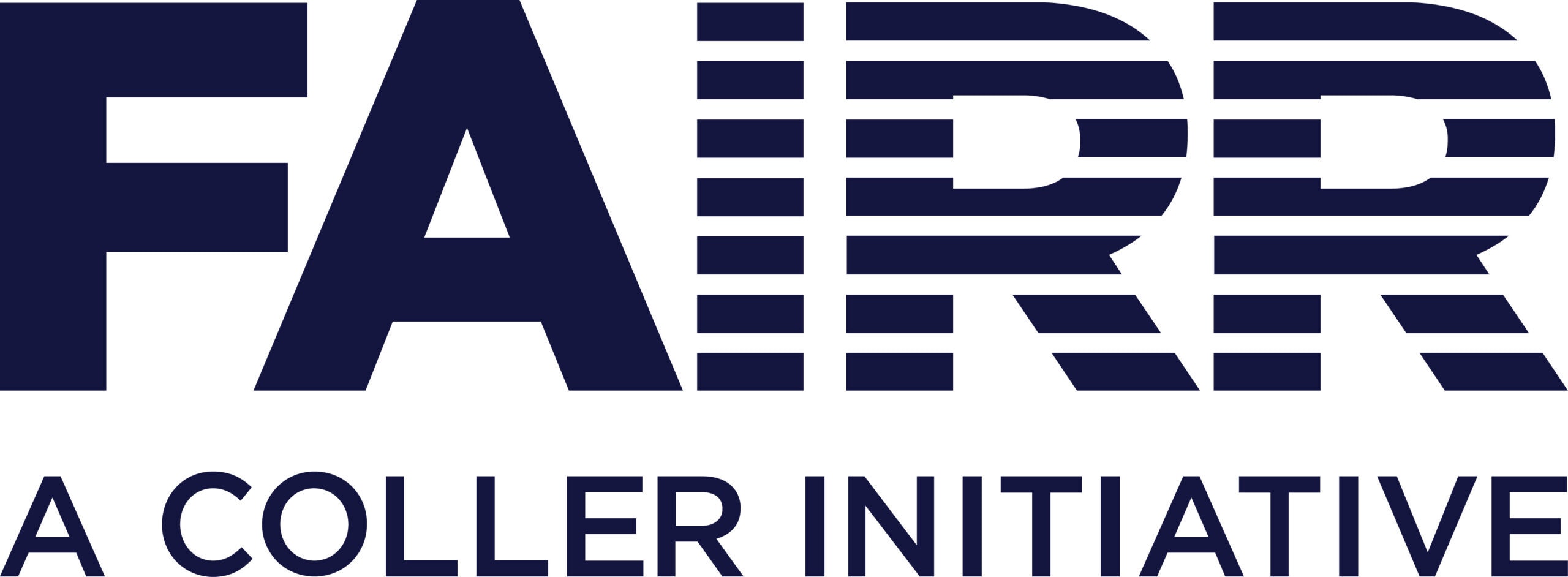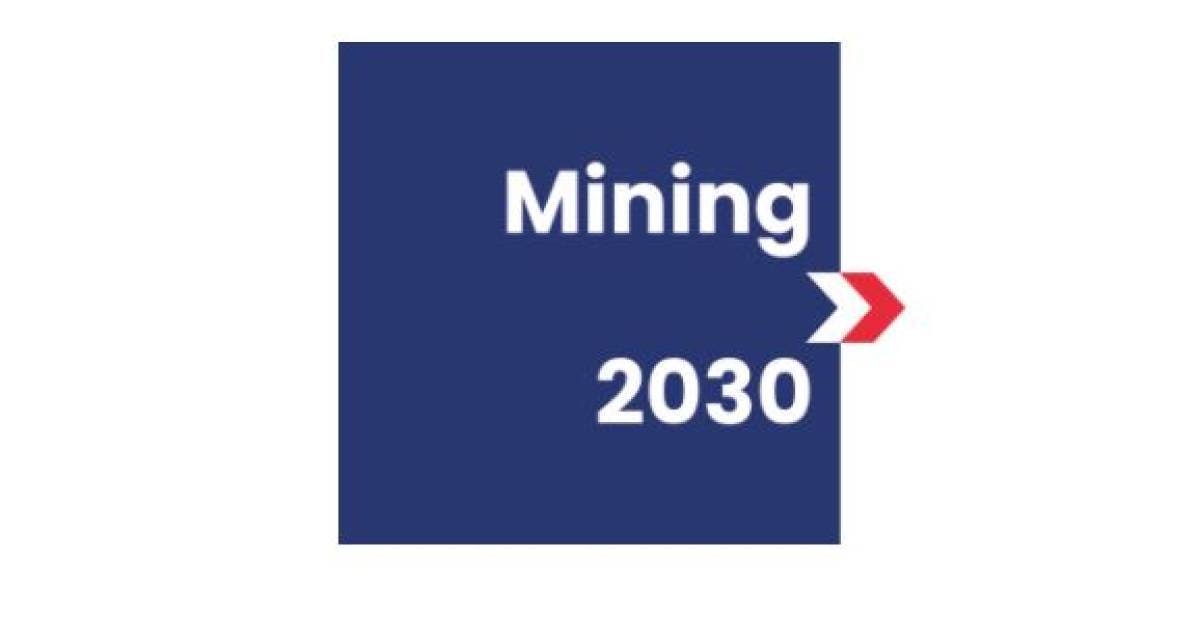Standard Setting
The baseline of our work with active ownership and a reflection of how we view best practice.

Future returns will depend, among other things, on market developments, the manager’s skill, the fund’s risk profile, and associated costs. Before investing, customers are advised to review the fund’s key information and prospectus, which contain more detailed information about the fund’s characteristics and costs. Note: Investing in the fund means acquiring units in the fund, not the underlying investments.
The baseline of our work with active ownership and a reflection of how we view best practice.


The Principles for Responsible Investment (PRI) initiative is a United Nations-supported network of international investors working to incorporate environmental, social, and governance (ESG) factors into their investment decisions. By adhering to six key principles, the PRI aims to foster a more sustainable global financial system that benefits both investors and society.

The CDP (formerly Carbon Disclosure Project) is a global non-profit organization that runs a disclosure system for companies, investors, cities, states, and regions to manage their environmental impacts. By collecting and sharing data on climate change, water security, and deforestation, CDP aims to drive sustainable economic practices and transparency.

Note that the list is not exhaustive and we screen our portfolio regularly for breach in a wide set of internationally renowned norms and standards.
NORSIF, or the Norwegian Forum for Responsible and Sustainable Investments, is an organization dedicated to promoting responsible and sustainable investment practices in Norway. It serves as a platform for investors to share knowledge, tools, and best practices to integrate environmental, social, and governance (ESG) factors into their investment decisions.

The Task Force on Climate-related Financial Disclosures (TCFD) was established by the Financial Stability Board in 2015. Its primary goal is to develop recommendations for more effective climate-related financial disclosures, helping companies provide better information to support informed investment, lending, and insurance underwriting decisions.

The Taskforce on Nature-related Financial Disclosures (TNFD) is a global initiative aimed at improving financial disclosures related to nature. It provides a framework for organizations to identify, assess, and disclose their nature-related dependencies, impacts, risks, and opportunities.
The UN Global Compact Action Platform on Sustainable Ocean Business is a global initiative aimed at advancing sustainable practices in ocean-related industries. It brings together businesses, governments, and civil society to promote responsible ocean stewardship and leverage the ocean’s potential to achieve the Sustainable Development Goals (SDGs).

The United Nations Environment Programme Finance Initiative (UNEP FI) is a partnership between UNEP and the global financial sector aimed at mobilizing private sector finance for sustainable development. UNEP FI works with banks, insurers, and investors to integrate environmental, social, and governance (ESG) considerations into financial decision-making.

The Sustainable Development Goals (SDGs) are a set of 17 global objectives established by the United Nations in 2015 as part of the 2030 Agenda for Sustainable Development. They aim to address a wide range of global challenges, including poverty, inequality, climate change, environmental degradation, peace, and justice.

The Global Reporting Initiative (GRI) is an independent, international organization that provides a comprehensive framework for sustainability reporting. It helps businesses and other organizations understand and communicate their economic, environmental, and social impacts.

The Finance for Biodiversity Pledge is a commitment by financial institutions to protect and restore biodiversity through their finance activities and investments. Launched in 2020, the pledge involves actions such as collaborating and sharing knowledge, engaging with companies, assessing impact, setting targets, and publicly reporting on progress.

The FAIRR Initiative is a collaborative investor network that focuses on raising awareness of the environmental, social, and governance (ESG) risks and opportunities within the global food sector, particularly intensive animal production. It provides investors with tools, data, and research to help manage these risks and promote sustainable practices.

The Partnership for Carbon Accounting Financials (PCAF) is an international initiative that provides a standardized approach for assessing and disclosing the greenhouse gas (GHG) emissions associated with their loans and investments.

The Partnership for Biodiversity Accounting Financials (PBAF) is an international initiative that provides financial institutions with a standardized framework to assess and disclose the biodiversity impacts and dependencies of their loans and investments.

Global Child Forum is a Swedish non-profit organization. It aims to advance children’s rights by bringing together leaders from business, civil society, academia, and government to drive social change. The forum focuses on leveraging the power of business to promote and protect children’s rights, guided by the United Nations Convention on the Rights of the Child and the Children’s Rights and Business Principles.

Climate Action 100+ is an investor-led initiative aimed at ensuring the world’s largest corporate greenhouse gas emitters take necessary action on climate change. The initiative seeks to mitigate financial risks and maximize long-term value by aligning corporate practices with the goals of the Paris Agreement.

The Business Coalition for a Global Plastics Treaty is an alliance of businesses and financial institutions dedicated to supporting the creation of a comprehensive, effective, and legally binding UN treaty to end plastic pollution.

ChemSec, the International Chemical Secretariat, is a non-profit environmental organization. It advocates stricter regulatory controls on hazardous chemicals and collaborates with businesses to reduce the production and use of such substances. ChemSec is known for its SIN List, which identifies chemicals likely to be restricted under EU regulations and provides tools and guidance to promote safer alternatives.

Mining 2030 is a global investor-led initiative aimed at defining a vision for a socially and environmentally responsible mining sector by 2030. It seeks to address key systemic challenges in the industry, ensuring that mining operations contribute positively to society and the environment while supporting the transition to a low-carbon economy.

Nature Action 100 is a global investor-led engagement initiative focused on driving greater corporate ambition and action to reverse nature and biodiversity loss. It aims to mitigate financial risks and protect the long-term economic interests of investors by engaging companies in key sectors that are crucial for reversing biodiversity loss by 2030.

The UNEP FI Sustainable Blue Economy Finance Initiative is a global community focused on aligning private finance with ocean health. It supports the implementation of the Sustainable Blue Economy Finance Principles, providing guidance and frameworks to ensure that investment, underwriting, and lending activities contribute to the sustainable use of ocean resources.

The World Benchmarking Alliance (WBA) is an organization dedicated to measuring and incentivizing business impact towards achieving the Sustainable Development Goals (SDGs). DNB AM is a part of the World Benchmarking Alliance's Collective Impact Coalition for Ethical Artificial Intelligence.

The Access to Medicine Foundation is a non-profit organization that encourages pharmaceutical companies to improve access to medicine in low- and middle-income countries. Established in 2003, it publishes the Access to Medicine Index, which ranks pharmaceutical companies based on their efforts to enhance the availability, affordability, and accessibility of essential medicines.

Access to Nutrition initiative is a non-profit organization that evaluates and encourages the food industry to improve access to healthy, affordable nutrition.It benchmarks major food and beverage companies on their commitments, practices, and performance related to nutrition, in an aim promote healthier products and responsible businesspractices.
Note that the list is not exhaustive and we are a part of many less formalized investor collaborations and initiatives to help support our active ownership activities.